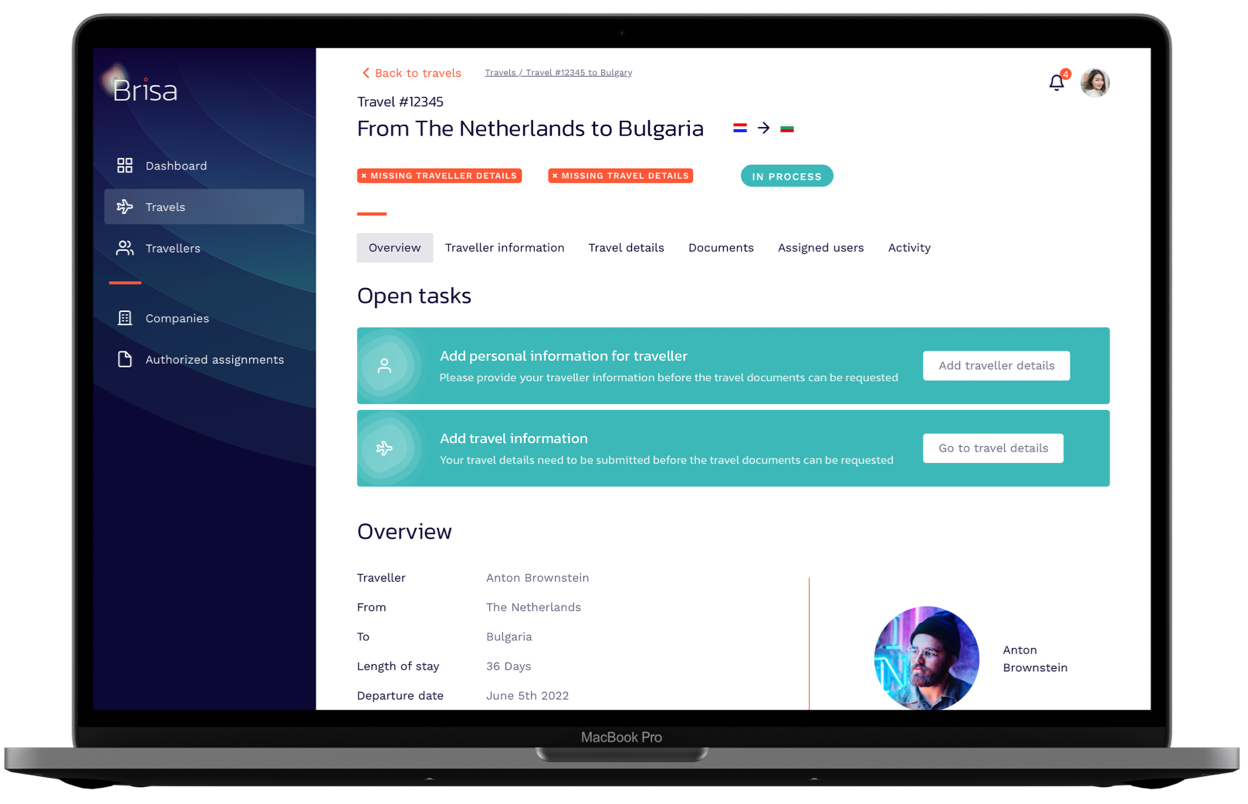
The 10 Most Frequently Asked Questions About the Posted Workers Directive

What is the Posted Workers Directive?
The Posted Workers Directive is an EU legislation that regulates the employment conditions of workers temporarily posted by their employer to work in another EU member state. The directive guarantees specific rights for posted workers so that they are treated fairly and have at least the same rights as local workers.
Who does the Posted Workers Directive apply to?
The directive applies to companies and self-employed individuals who send their employees to work temporarily in another EU member state.
What rights do posted workers have under the directive?
Posted workers are entitled to core employment conditions, such as minimum wage, maximum work periods, minimum rest periods, and other provisions relating to health and safety at work. These rights need to ensure fair treatment and protect the employment conditions of posted workers.
Read more about the key rights for posted workers.
How long can a worker be posted under the directive?
The duration of a posting can vary but generally lasts for a limited period, which is defined by each member state and can range from a few weeks to several months. Please note that the rules differ per member state.
Does the directive apply to all sectors and industries?
Yes, the directive applies to all sectors and industries. However, some member states may have specific rules or exemptions for certain sectors.
What obligations do employers have under the Posted Workers Directive?
Employers must ensure that posted workers receive at least the minimum employment conditions and other relevant provisions of the host country. They must also provide necessary information to the respective authorities.
Are there any administrative requirements for employers under the directive?
Yes, employers must notify the authorities in the host country before the start of the posting and provide specific information about the posted workers, the duration of the posting, and the work they will be performing.
Employers may also have obligations related to social security contributions and insurance coverage for the posted workers. This includes ensuring that the workers have appropriate coverage for healthcare, accident insurance, and other social benefits.
Are there any exceptions or special provisions under the directive?
Some member states have implemented additional requirements or specific exemptions for certain industries or types of work. It's important to be aware of these variations when posting workers.
What are the consequences of non-compliance with the directive?
Non-compliance with the Posted Workers Directive can result in various consequences and penalties. The specific consequences may vary between EU member states, but here are some common outcomes of non-compliance:
Financial Penalties: Employers who fail to comply with the Posted Workers Directive may face financial penalties imposed by the authorities of the host country. The amount of the penalty can vary depending on the severity and extent of the non-compliance.
Legal Proceedings: Non-compliant employers may be subject to legal proceedings initiated by the host country authorities. This can involve administrative investigations, audits, or legal actions to enforce compliance with the directive's provisions.
Suspension of Activities: In some cases, authorities may have the power to suspend or restrict the activities of employers who repeatedly fail to comply with the directive. This can have significant impacts on the employer's ability to operate in the host country.
How does the Posted Workers Directive contribute to fair competition and worker protection?
The directive aims to ensure fair competition by preventing the undercutting of wages and working conditions. It also promotes worker protection by ensuring that posted workers enjoy fundamental employment rights while working in another EU member state.
Please note that while this information provides a general understanding of the Posted Workers Directive, it's always recommended to consult the official legislation and seek professional advice for specific situations.


Plan a Demo
Discover how Brisa makes your travel and immigration processes easier, smarter and faster.
Request a demo

